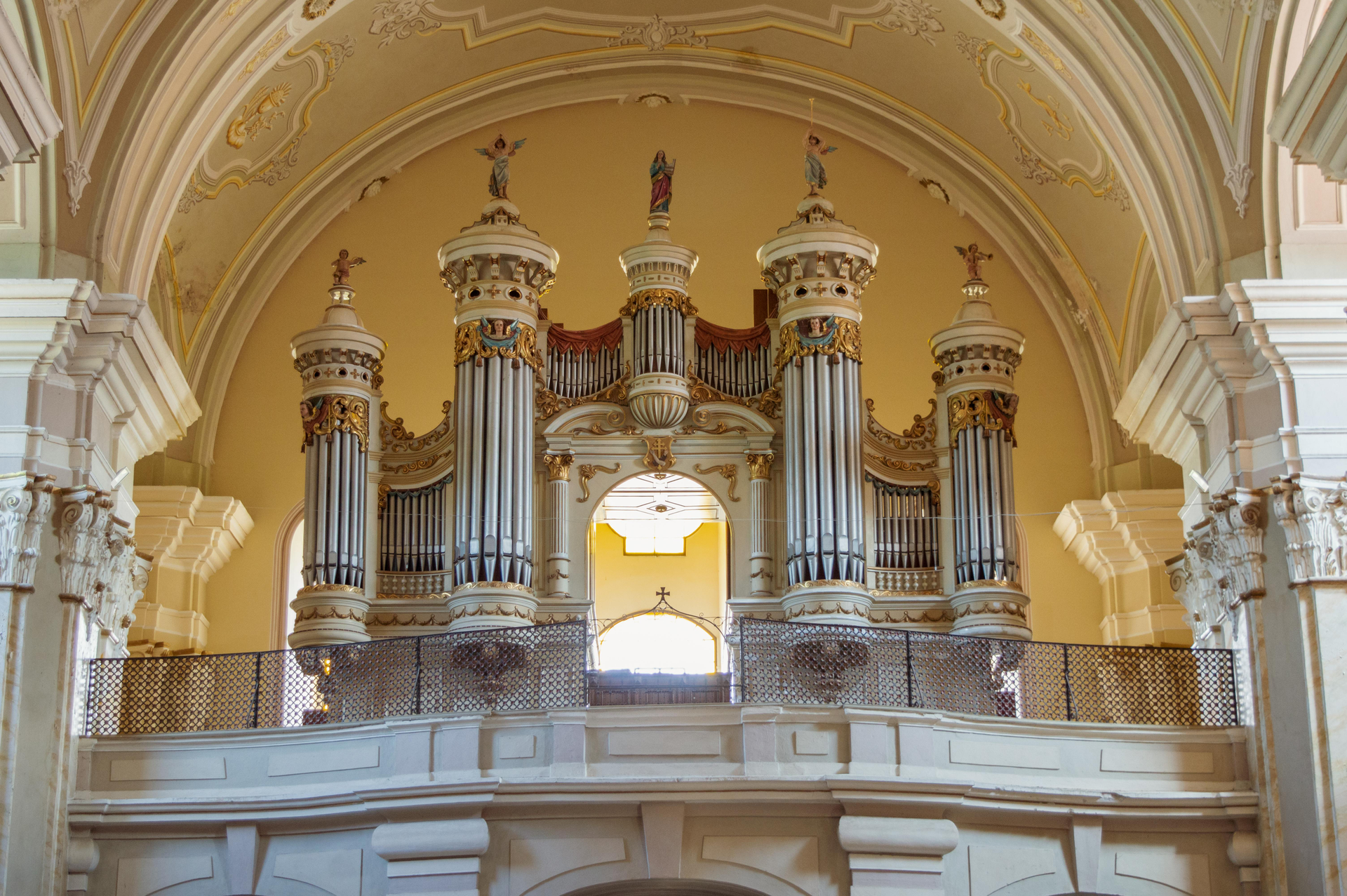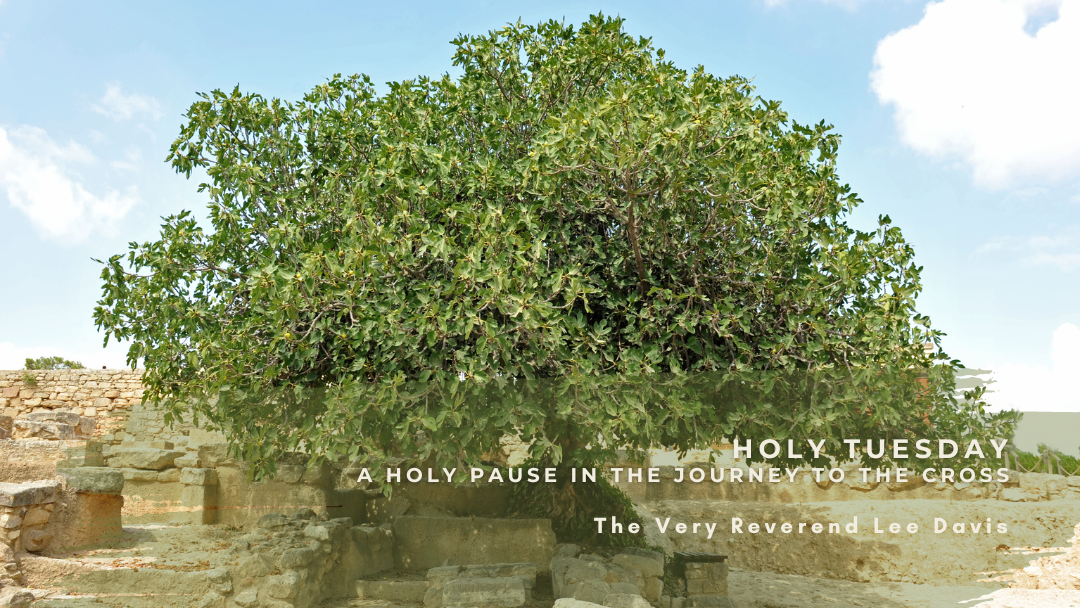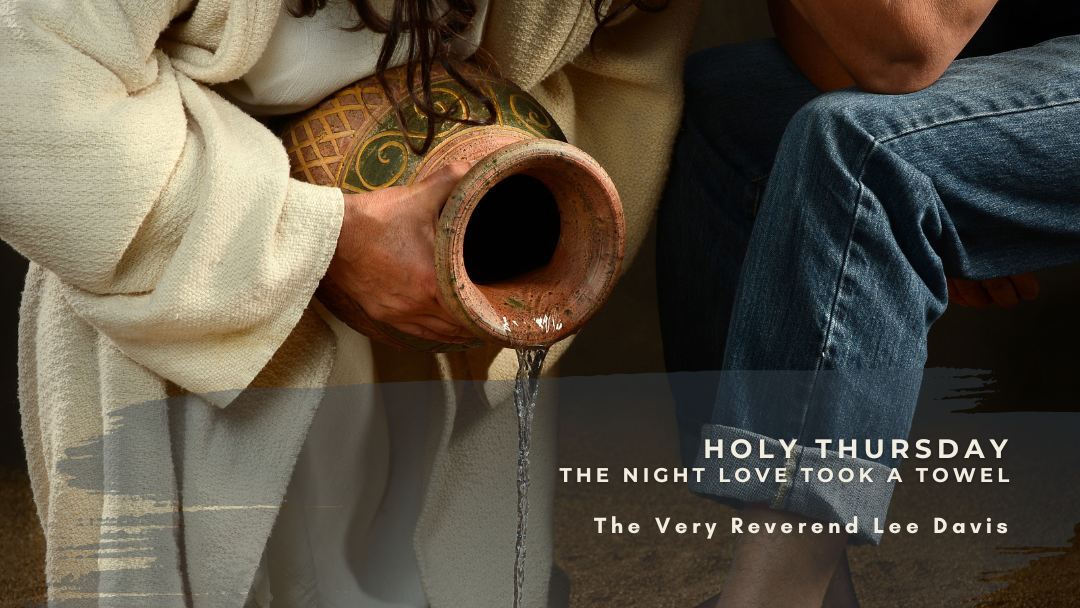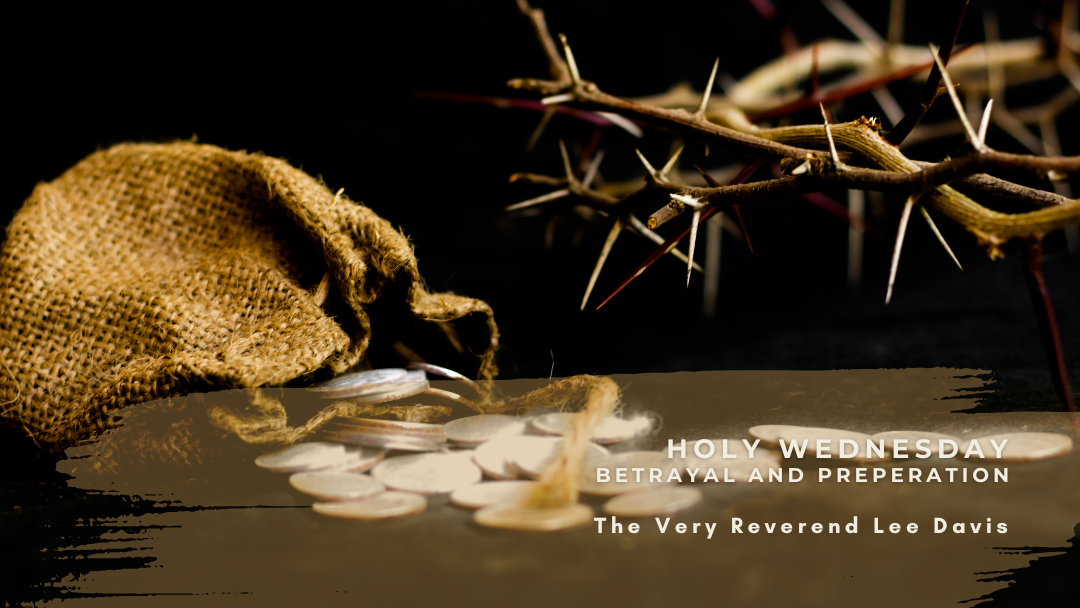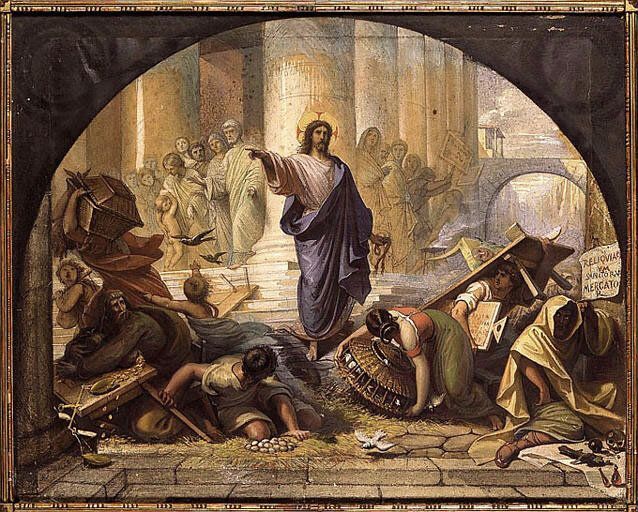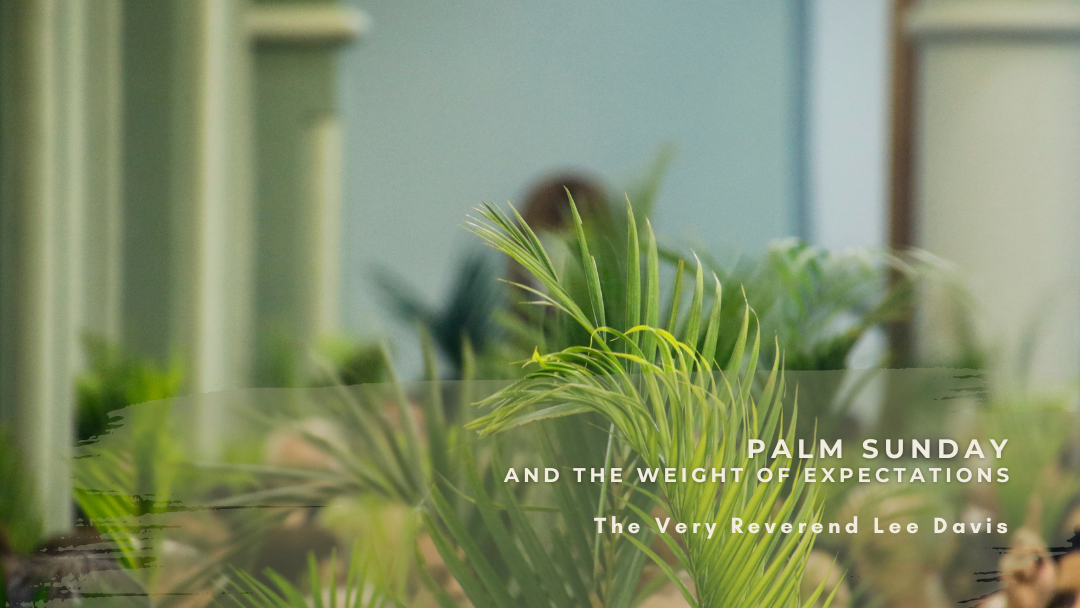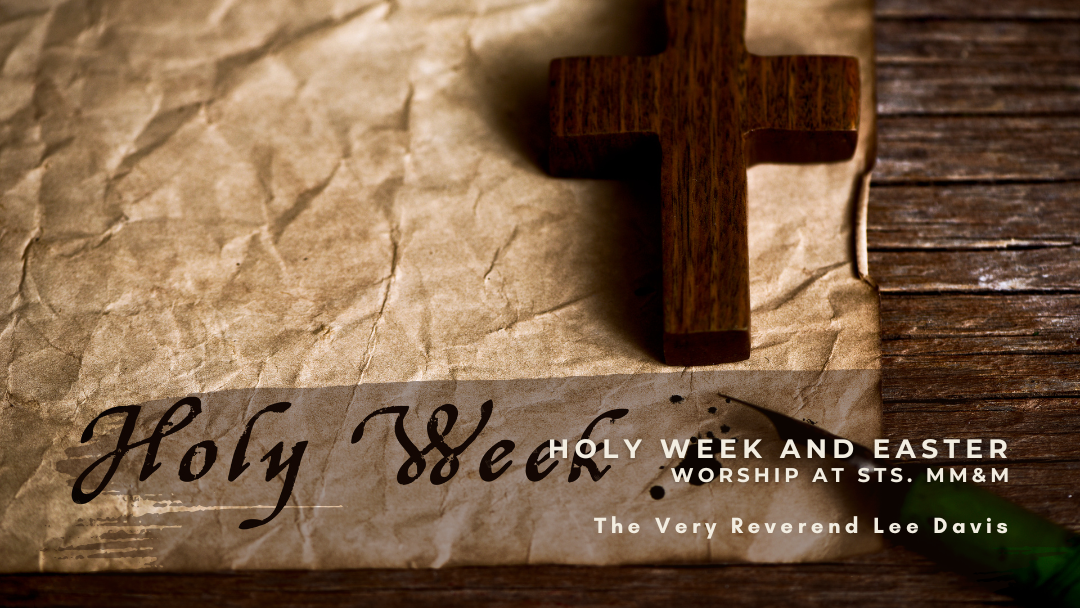I AM
God's Name and Our Calling
I AM: God's Name and Our Calling
In Exodus 3:1-15, Moses encounters the burning bush and hears the divine voice call his name. When Moses asks for God's identity, the answer comes as a mystery and a revelation: "I AM WHO I AM." This name, both profound and elusive, has shaped the faith of Israel and the Church for centuries. But what does it mean for us today, especially from an Anglican perspective?
The Name that Transcends
God’s self-revelation as "I AM" tells us that God is beyond human definition. Unlike the gods of Egypt, who were tied to specific roles and places, the God of Israel is self-existent, unchanging, and beyond time. Anglican theology, which values both mystery and reason, embraces this truth. Our faith does not seek to confine God but invites us into deeper awe and wonder.
The Faithful One in an Unfolding Story
When God identifies as "the God of Abraham, Isaac, and Jacob", it is a declaration of faithfulness. This is not just the God of the past but the One who remains active in history.
As Anglicans, we often speak of God’s unfolding story rather than a rigid continuity or a replacement of Israel by the Church. The Church does not erase God’s promises to Israel but is grafted into the larger story of God’s covenant faithfulness. Jesus, as the fulfillment of these promises, invites us into this ongoing mission rather than claiming exclusivity over it. We are not the end of the story, but active participants in its next chapter.
Jesus and the "I AM" Sayings
The Gospel of John deepens our understanding when Jesus echoes the divine name: “Before Abraham was, I AM” (John 8:58). Through His ministry, Jesus declares, “I am the bread of life”, “I am the good shepherd”, “I am the light of the world.” These statements reveal that in Christ, the great I AM has drawn near to us—not as an abstract idea but as a living presence.
Called by "I AM"
Like Moses, we stand on holy ground when we recognize God’s presence in our lives. And like Moses, we are not given divine knowledge simply for our own understanding but for a mission. God sends Moses to liberate His people, and Christ sends us to be agents of His kingdom.
When we hear I AM, we are reminded that God is still at work, still faithful, still calling. Our response is not just to ponder this mystery but to live it—to proclaim the presence of the eternal God in a world longing for hope.
So when we ask, "Who is God?" and "Who are we?" the answer remains the same: "I AM"—God is present, and we are called.
